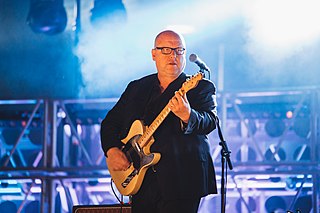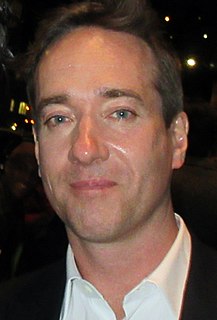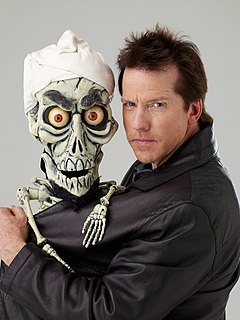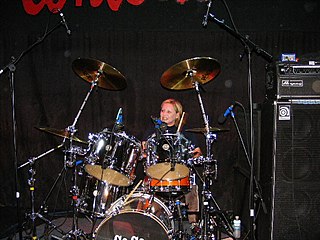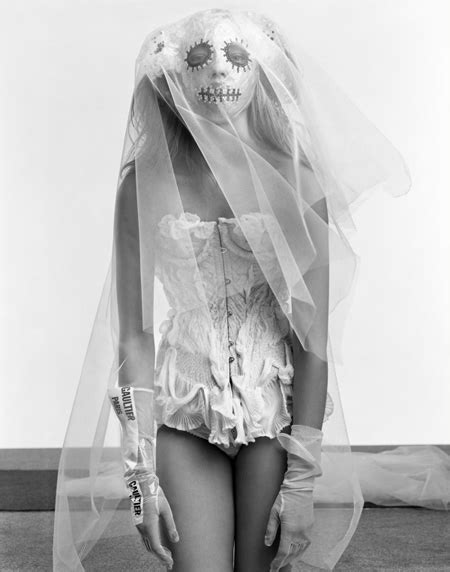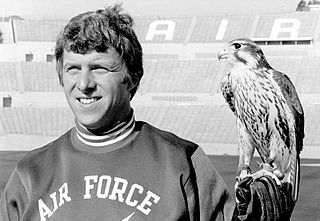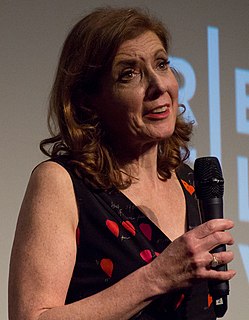A Quote by Daniel Naroditsky
The great thing about chess is it's a game for oneself. You don't work on what you can't control, you just work on yourself. And I think if more people did that, we'd all be a lot better off.
Related Quotes
You think you've made something really great, but there's a reason why it's not resonating the way some previous work did. But it's not that easy to just replicate. Some people think, "Oh, just go do that thing you used to do before." But it just doesn't work like that. It's a lot more mysterious or slippery.
I would love to just have the work do the talking. We're in positions where people ask us questions; they want to know about more than just the work. And it can go into areas where I've completely shot my mouth off, whether it's too much about my private life or being too opinionated about things in the world. I think the better thing to do - I've learned this from people far wiser than me - is to do very good, quiet work behind closed doors.
I don't think I am very easy to work for because everything has to be just right or we don't put it out. But at the same time, all the people that work for me have a "no asshole" rule, if you're a jerk you're fired, so it's a great team and a lot of skillful people at the top of the game, anybody from management to the agents to the publicists to the day-to-day website stuff and it's just a great team.
Essentially, no one can control what other people think of the final outcome. Once it's done, the audience will like it or not, they may even think I'm an idiot. They can also think I'm brilliant or whatever, I can't control that. What I can control is the joy in putting it together, the process of the work itself. I try and create an atmosphere where we're all enjoying the work. That's the only thing you can hold on to, the only true thing.
I think that a lot of the time, we get in our own heads and make up what other people are thinking, but no one actually cares about the thing you think they care about. You just gotta take that weight off your shoulders and be nice to yourself and be yourself. People will fall in love with who that is.
The great thing about living until you get a bit older if you are a writer, and especially a poet, is that you have more life to reflect on. And I think that if I am better now - and I think that I am probably better than I was - is because that I simply have more to think about, more to get under control, more to understand.
Work begets work. Just work. If you work, people will find out about you and want to work with you if you're good. So work anywhere you can. That's why I've changed my mind about these theatres where people work for free or have to pay money. I think it's kind of terrible that they feel they have to, but you know what? They're working.
The most important thing is that, when you work with somebody, you build a rapport with that person. They have a certain trust in you. You don't have to explain that much. It's very hard when you photograph someone who's a fresh face and then you don't work with them again for six months. All these people I work with over and over again have qualities that I love. There's something very free about them or there are some slight imperfections about them. I think the more you work with someone, the pictures get better and better.

